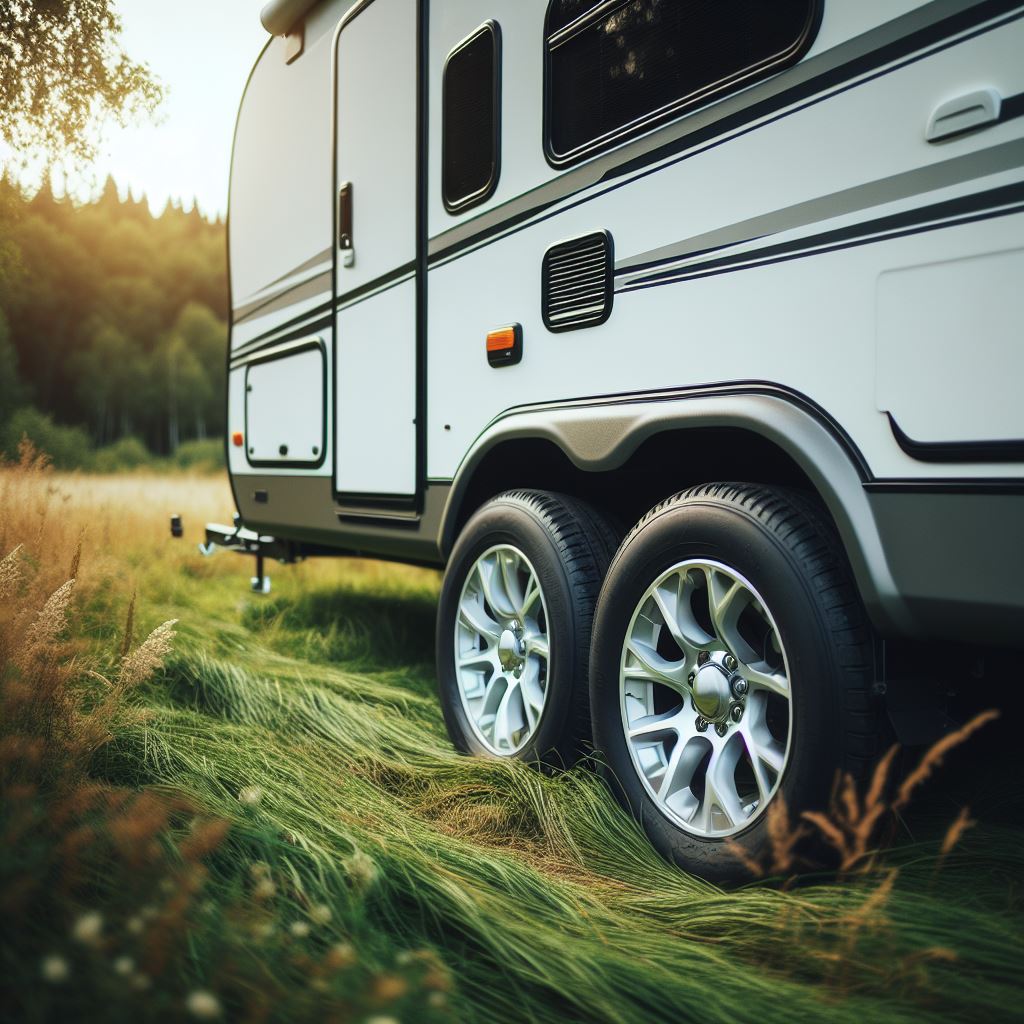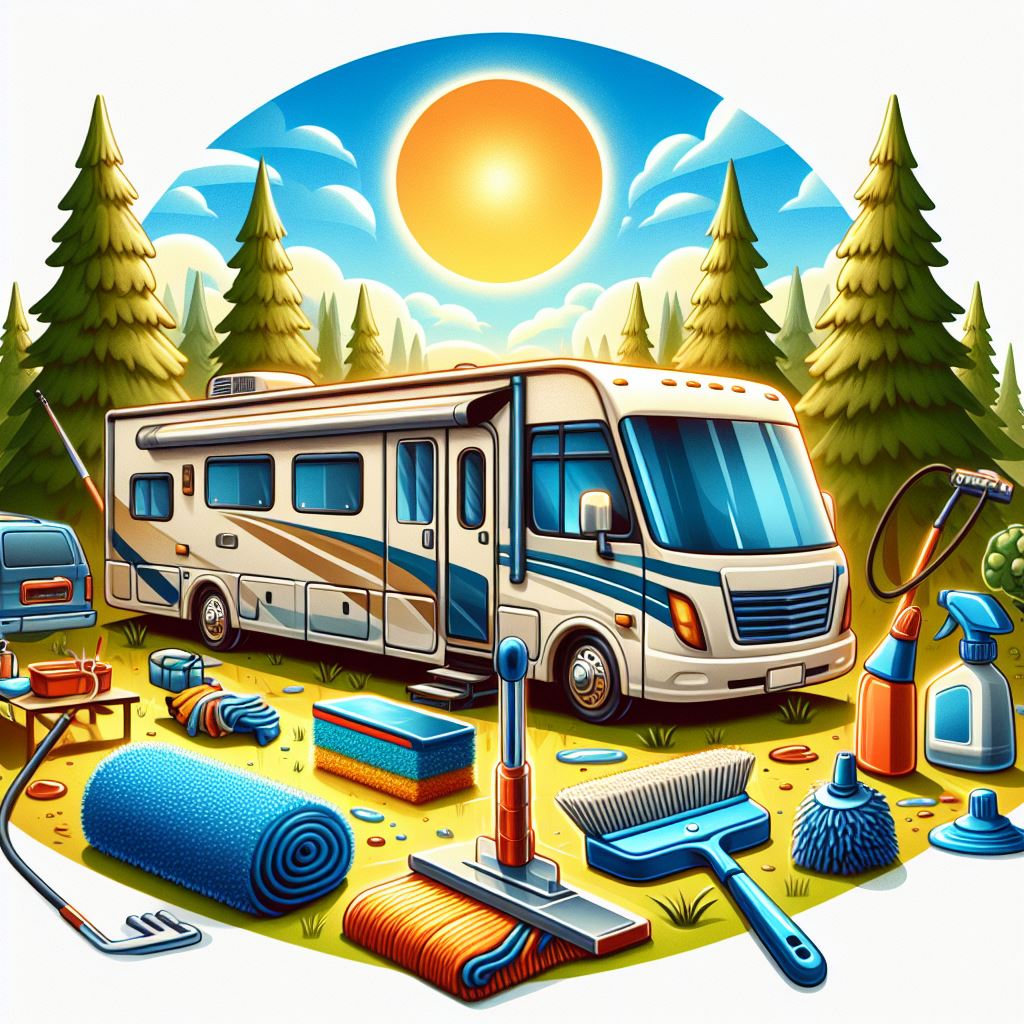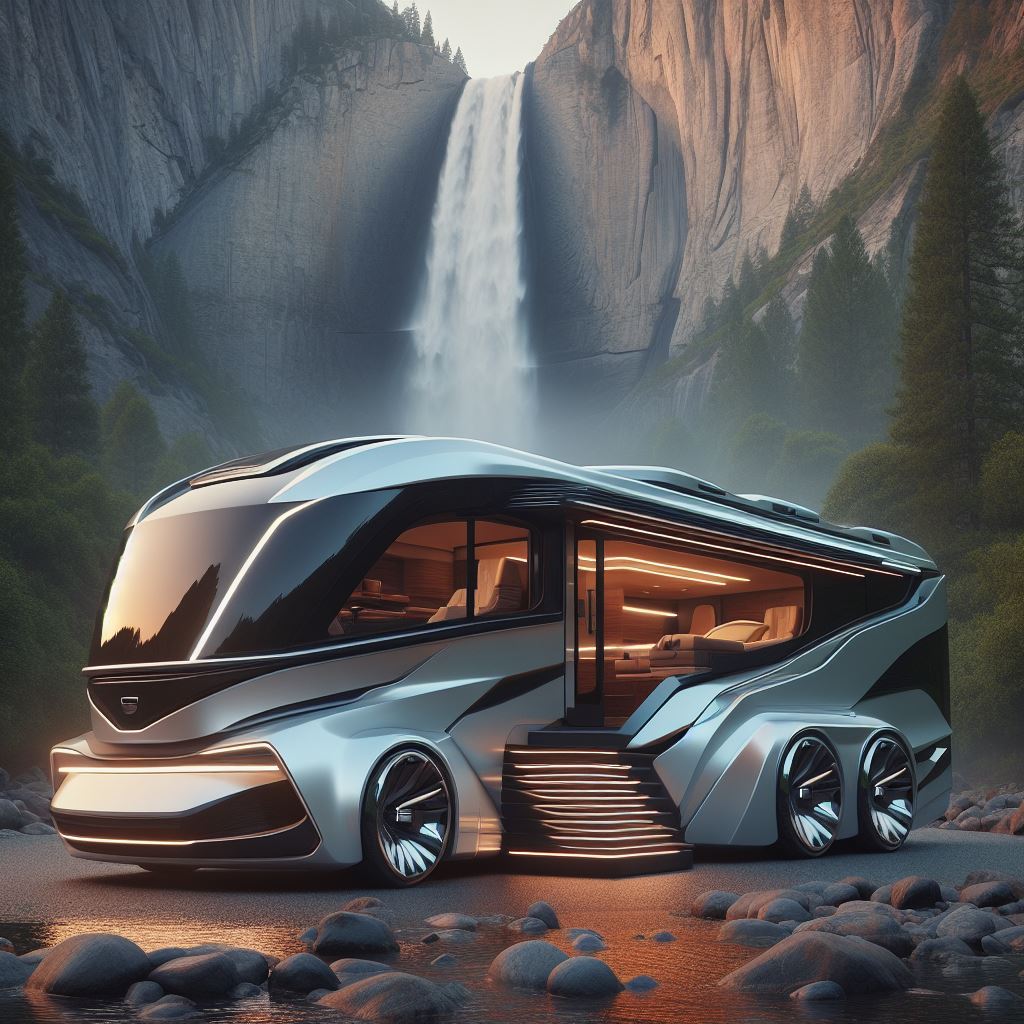Many of these items are required simply for owning an RV in general, as well as for car, van, or other types of camping. For boondocking, though, these will also be more valuable.
Heavy duty extension cord
Purchase a 50-foot-long, heavy-duty extension cord made of 10 gauge wire. This can produce up to 20 amps of 120 volt power, which is roughly what a typical 3-prong outlet is capable of. Although these extension cables are heavier than ordinary extension cords, boondocking necessitates the constant use of a heavy duty cord.
Shovel
A little shovel is typically used for campfires. You may need to have a shovel nearby when maintaining a campfire in some national forests. Additionally, the State of California mandates this. When your car becomes stuck in mud or soft sand, a shovel can help. To poop, you can also dig a hole. Instead of a folding shovel, we advise a tiny, stiff garden tool with a D-style handle. Simply put, rigid shovels have more strength and leverage than folding shovels.
Pocket knife
Get a pocket knife with a blade that is at least 3 inches long. Despite the fact that multi-tools are entertaining to use, don’t settle for the knife that comes with one. Get a good, multipurpose knife that you can use for just about everything. Additionally, make sure the knife is one you can hang on your belt or easily put in your pocket. Because you won’t ever have it handy if it’s too huge and unwieldy.
A set of basic hand tools
Flat head screwdrivers, Philips screwdrivers, pliers, wire cutters, a hammer, a crescent wrench, an Allen wrench, and scissors make up the basic set of hand tools. To be sure you have the tools necessary to remove the screws, bolts, and nuts in your RV or car, you might want to give them a close inspection.
Multi-Meter
To identify electrical issues in your RV or car, use a multi-meter. The amperage flowing through a wire can be measured using a clamp-style multimeter, and damaged wires and circuits can be located using test leads. Having an RV ensures that something will inevitably go wrong. Even if you have no electrical experience at all, a friend or total stranger might inquire whether you have a multimeter on hand. Don’t forget to purchase batteries for it.
Fuses
Fuses in an RV’s fuse box are prone to blowing. Purchase a box of several automobile fuses; they are compatible with trailers and motorhomes. While you’re at it, pick up a package of various glass-tube fuses for your appliance control boards.
Gloves
Gloves for Heavy Work – These have a wide range of uses. Purchase anything that at the very least covers your wrists. They’re ideal for handling sewer hookups, controlling a campfire, raising a hot grill, keeping your hands warm in the cold, lifting large objects, managing a campfire, changing the oil in your generator, and the list goes on.
Drill
The cordless drill is the king of all the power instruments that are useful. You don’t require a pricey Milwaukee or Dewalt brand. The Craftsman V20 series, which costs less, is ideal. It can be used to screw in and unscrew bolts, run a portable water pump, manually roll out a power awning, or raise and lower your stabilizer jacks instead of drilling holes.
Hand Axe
Throughout our time boondocking, we have maintained a hand axe with us but have never used it. I usually use my hands and feet to break big branches of firewood. An axe would come in handy if you were trying to shape logs for a construction project, but that’s not going to happen while you’re camping.
Level
To check whether your RV is positioned level, you need need a carpenter’s level. Avoid purchasing a little level that is intended to stick to your tongue jack since they are simply too inaccurate. Purchase a carpenter’s level that is at least 12 inches long so you can put it down within the RV’s living area and accurately measure your levelness.
Tow Strap
If you frequently go boondocking, you may find that your car becomes stuck in the mud or sand. A tow strap will be necessary so that a kind stranger can pull you out using their car. Purchase a product that can withstand at least 30,000 pounds of force.
Ratchet Straps
These guys are great for keeping items in a pickup truck bed secure. They help us stop the movement of our extra propane tanks. They are used to fasten items to the roofs of vans and cars.
Nylon Rope
You never know when you’re going to need rope. It is useful in a variety of circumstances. There is no justification for leaving it behind because it is both inexpensive and lightweight. Since climbing rope already has looped ends, it works great.
Bungee cords
Bungee cords are the workhorse of securement. Bungee cords are useful for many different things, so always have some on hand. There is no excuse not to have them because they are so inexpensive and lightweight. A nice, basic set of bungees is produced by Rhino USA.
Lighter
You’ll need one to start a campfire as well as a propane stove, candles, and other things. Lighters always seem to disappear, so get a few of them and place them all over your car and your RV.
Duct tape
The most adaptable tape in the world is duct tape. Trust me, you’ll use it a lot while boondocking. Purchase the heavy duty kind so you can fix awning tears better.
Super Glue
Super Glue is useful in all situations. Trying to recall where you left it is the challenge. Get a couple bottles and arrange them about your RV and car in various locations.
Zip Ties
This is yet another multipurpose tool that you will frequently turn to. Purchase them in a range of sizes.
Flashlight
This will come in handy when you need to see your engine, are crawling beneath your RV, or are trying to figure out what the noises are outside your tent at night. Purchase a product with a high lumen rating.
Binoculars
Although primarily used for amusement, binoculars also have certain practical uses. You can get a good look at the other camper that just pulled up next to you, assist in finding your missing dog or cat, and determine the cause of the smoke you’re witnessing in the distance. Get anything with a 50x zoom or more, even if they are not fancy or expensive.
Gasoline can
An extra gasoline can (or jug) is necessary if you have a generator. We advise acquiring a 5-gallon can. However, some people might find it difficult to transport five gallons of gas. Instead, you might wish to purchase a few 2-gallon or 3-gallon cans. The EPA-compliant nozzle that comes with gas cans simply does not work when trying to pour into a generator tank, so remember to pack a funnel.
Funnels
These are primarily required for engine upkeep, such as when you need to add more oil to your car, generator, or even bar oil for an electric chainsaw. They are necessary for replenishing generators because the spill-free nozzle on gas cans is ineffective for this purpose. There are at least three different kinds of funnels available.
• A standard set of funnels for oil changes
• A long-necked funnel for fueling vehicles
• A funnel for a gas tank without a cap, if your car has one. Together with the long neck funnel, this funnel is used.
Trash bags
Heavy Duty Trash Bags Box – You can use them for more than simply trash; for example, you can store dirty laundry or cover items when it rains.
Tire Inflator
Used to refill tires with air when they run low. can be used to blow up water toys as well. Purchase one that can be powered by either a 120-volt or a 12-volt port (wall outlet). Make sure it has a minimum inflation pressure of 100 PSI. Avoid purchasing a cheap brand because these products rapidly overheat.
Ant spray
While boondocking, ants often pose no threat. You will, however, wish you had a can of ant spray when they leave a trail into your car in certain circumstances. Any kind of ant can be effectively defeated by Raid and Black Flag.
Yoga mat
No, not for doing yoga outside. However, you had to climb underneath your RV to fix something. Additionally, they provide extra padding for sleeping bags. Even if you don’t mind getting dirty, you’ll frequently find yourself camping on rocky terrain, in which case the comfortable buffer will come in handy. Yoga mats are padded and made to roll up little, so they work very well for this.
How to Take Your Boondocking to the Next Level with These Tools
Firewood tongs
Firewood tongs are essential for rearranging the placement of the charcoal for the best flame when starting a campfire. Tongs made for one-handed use are essential since larger ones made for two hands are awkward to use on smaller pieces of wood.
Solar generators
Solar generators are pricey, but they are quite useful. Light-duty electronics like a radio, television, laptop, and phones can be powered with a 1,000 watt inverter. Additionally, it can run a food processor, a tire inflator, a cordless drill’s battery charger, and even a mini-fridge briefly. If you purchase something with a built-in solar panel, you can place it on the top of your car and receive daily free electricity.
Vacuum
When boondocking, you will undoubtedly track sand, gravel, and other material into your RV or car. The greatest vacuum is one that is battery powered so you don’t have to turn on the generator to use it. The Dewalt Cordless Wet-Dry Vacuum is excellent, but you may also buy any brand of power tool for which you already have batteries.
Cordless fans
Cordless fans are excellent for creating breezes where none exist and for keeping flies and insects off of you. Although the Dewalt 20V Max Jobsite Fan is a well-liked purchase, you should stick with the company whose batteries you currently own.
Two-way radios
Two-way radios, also referred to as “walkie-talkies,” are useful while boondocking in areas with poor mobile reception. They’re fantastic if one of you stays at camp and the other goes hiking. Some of these radios often have ranges of up to 35 miles.




